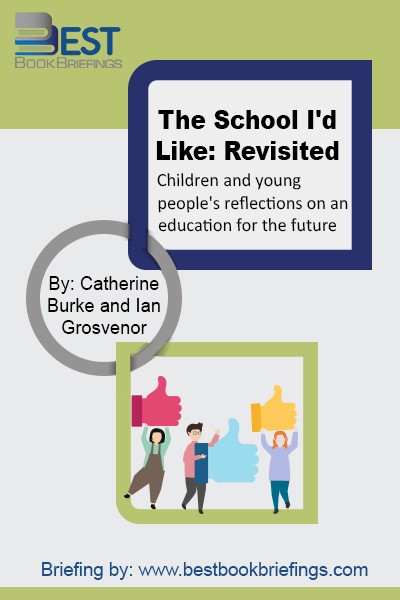The School I'd Like: Revisited
Children and young people's reflections on an education for the future
Editorial Review
In 2001, The Guardian newspaper launched a competition called “The School I’d Like”. The initiative posed what seemed like a natural and appropriate question at the turn of the new century inviting children of school age to tell how they might change education and their experience of schooling for the better. From all of the ideas received, The Guardian with the help of ten children compiled a “Children’s Manifesto” to capture the essential ingredients of the perfect school in the hope that existing schools would listen to the voices of children and put their ideas into practice.
Book Reviews
Books on Related Topics
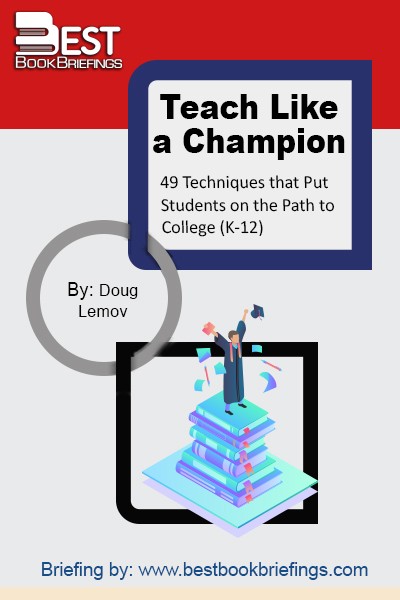
In this book, author Doug Lemov offers the essential tools of the teaching craft so that you can unlock the talent and skill waiting in your students, no matter how many previous classrooms, schools, or teachers have been unsuccessful.
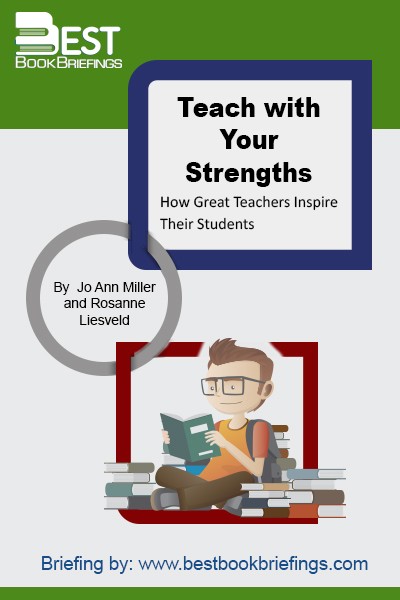
In Teach with Your Strengths, you'll hear from great teachers, many of whom reveal their unorthodox—and sure to be controversial—approaches. You'll gain key insights gleaned from 40 years of research into great teaching. And, you'll take an online assessment that reveals your Signature Themes of talent.
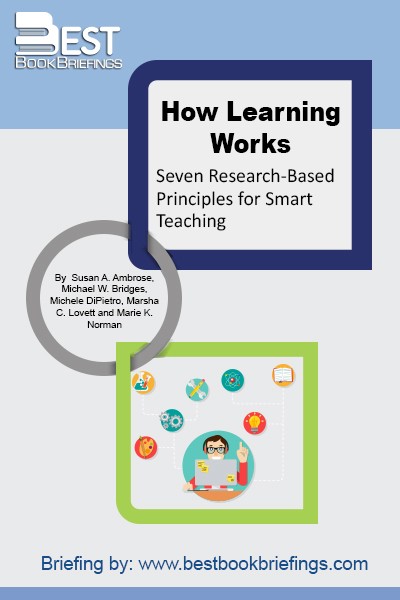
Any conversation about effective teaching must begin with a consideration of how students learn. Yet instructors who want to investigate the mechanisms and conditions that promote student learning may find themselves caught between two kinds of resources: Research articles with technical discussions of learning, or books and Web sites with concrete
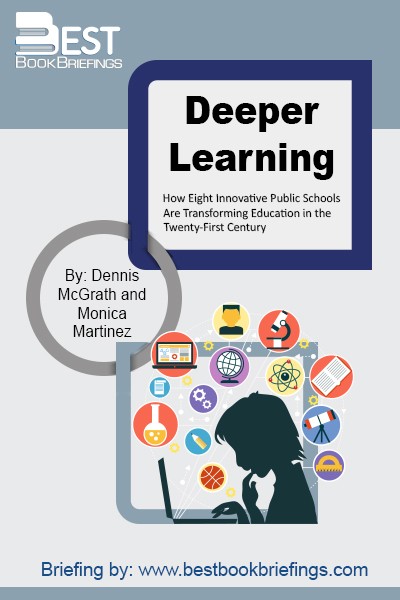
Deeper Learning is the process of preparing and empowering students to master essential academic content, think critically and solve complex problems, work collaboratively, com-municate effectively, have an academic mindset, and be self-directed in their education. It fully encompasses the educational goals that, taken together, constitute the foundation for developing the single
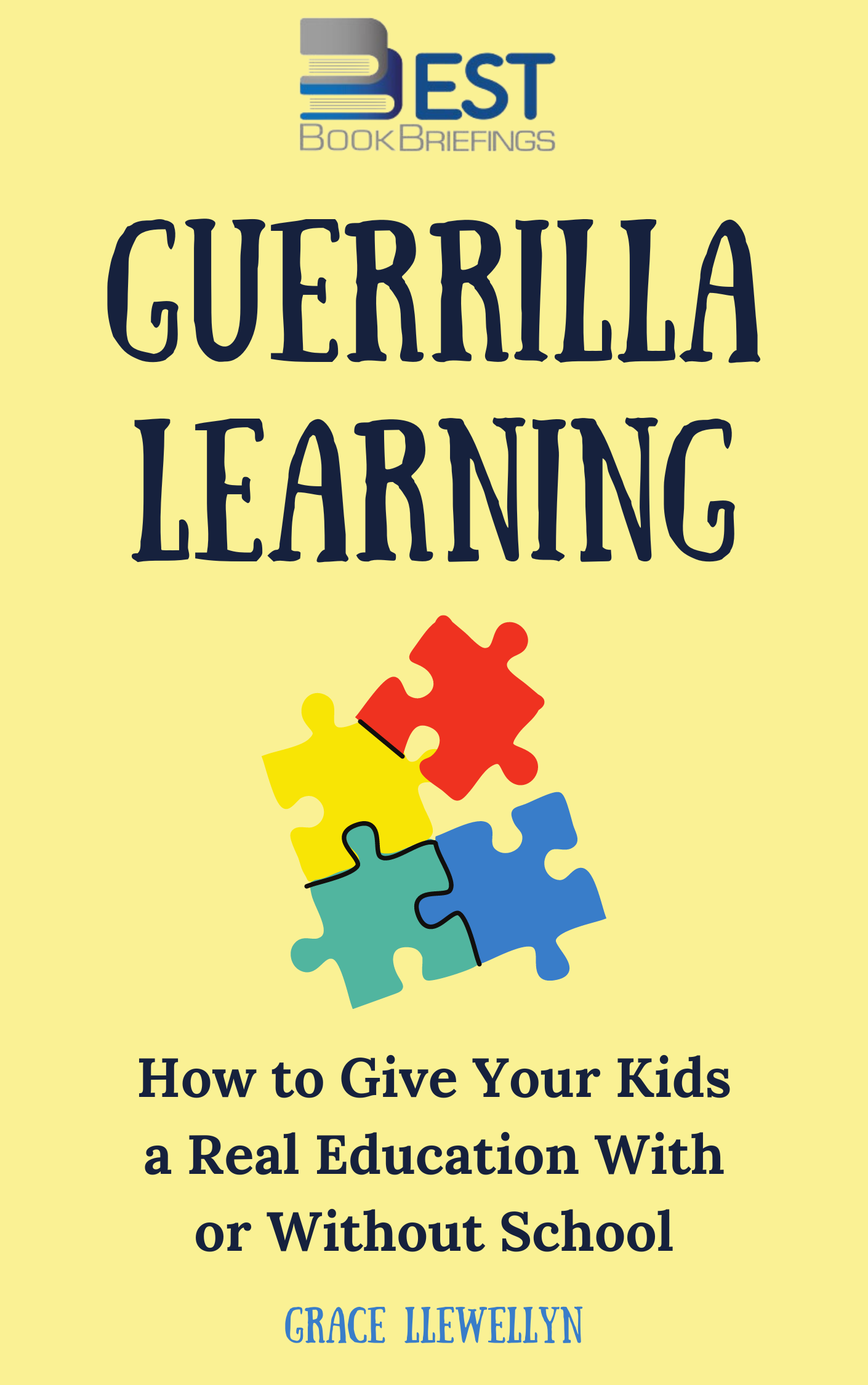
Let your daughter read her library books instead of finishing her homework. Ask your eleven-year-old's beloved third-grade teacher to comment on his poetry. Invite a massage therapist to dinner because your daughter wants to go to massage school instead of college. Give your child the freedom to pursue his interests, develop

